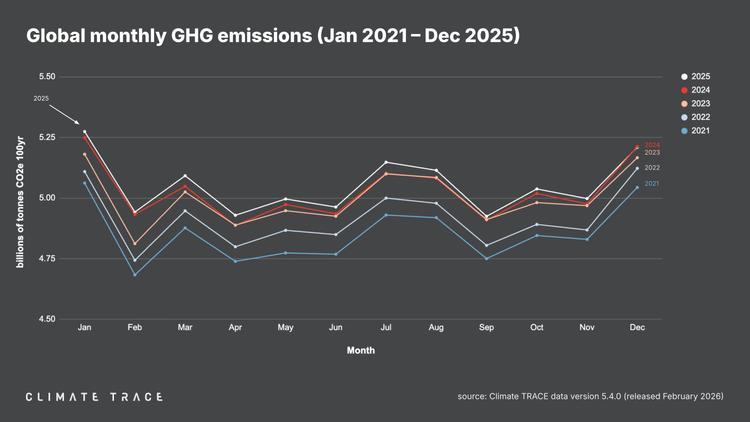Climate target credibility on the rise – but transition gaps remain
"Awareness of what constitutes credible corporate climate action is growing among companies and standard setters."

The corporate world is increasingly aware of what constitutes a credible climate strategy – but few companies have achieved a high level of climate target integrity.
This is according to the 2025 Corporate Climate Responsibility Monitor (CCRM), published today (July 10) by NewClimate Institute. Of the 55 global companies assessed, none has achieved a ‘high integrity’ or ‘reasonable integrity’ ranking.







